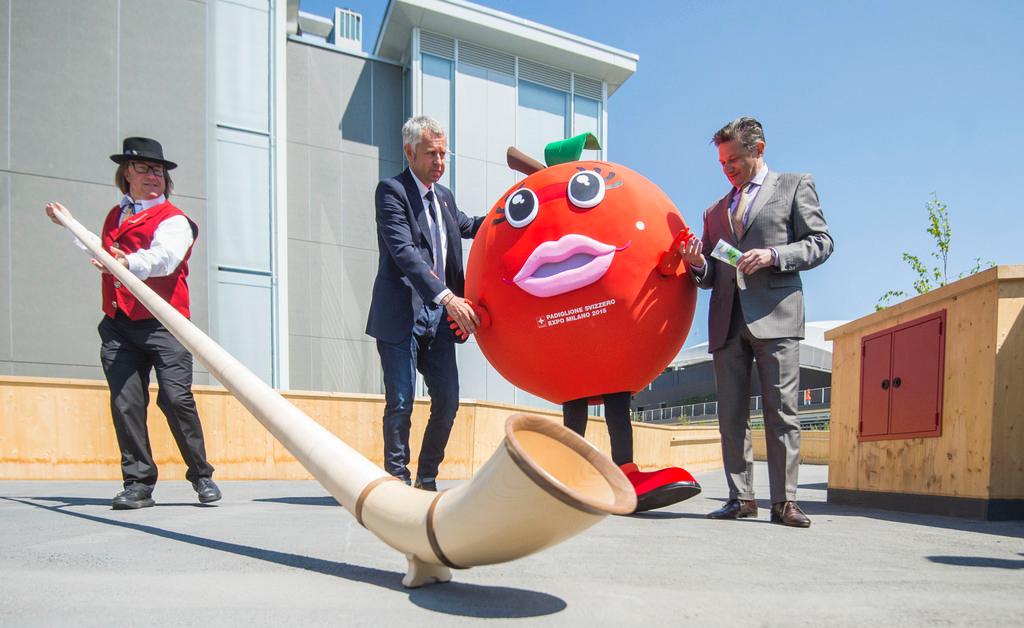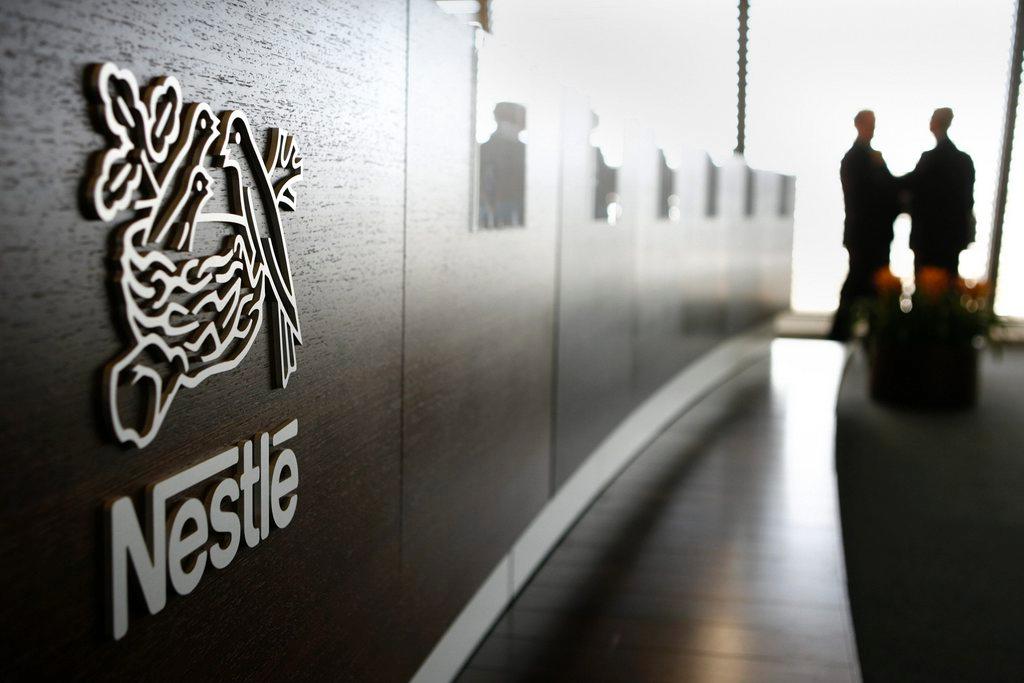Nestlé noodle scrutiny extended to other brands

India’s food safety body has ordered the testing of instant noodles sold by various companies in addition to Nestlé’s Maggi brand to determine if they are safe for consumption.
The Food Safety and Standards Authority of India (FSSAI) notified the food commissioners of all Indian states on Monday to send samples of instant noodles, macaroni and pasta sold by various brands to authorised testing labs.
The FSSAI had ordered Nestlé to recall all samples of its Maggi brand of instant noodles on June 5 for containing levels of lead that were above the acceptable limit, as well excess monosodium glutamate (MSG); allegations that Nestlé contests.
“Various test results on Maggi and some other similar products have raised serious health concerns,” said the official notice. “In view of the same, it would be advisable to draw regulatory samples for similar products for which product approvals have been granted by the FSSAI.”
Other international players in the firing line include the Top Ramen brand of Japanese company Nissin and the Foodles brand that belongs to UK’s GlaxoSmithKline. Instant noodles sold by Indian companies like the ITC group will also be scrutinised by the authorities.
In addition, the FSSAI has also ordered the recall, removal and destruction of similar products that have not received product approval from the regulatory body.
“As such, the same are unauthorised and illegal and cannot be intended for human consumption,” said the notice.
Nestlé did not want to comment on the FSSAI’s orders to scrutinise other brands.
“We do not comment on other companies’ activities and them potentially being affected by their products being tested by the FSSAI,” a Nestlé spokesperson told swissinfo.ch. “As you will understand, we are now focused on the recall of the product which is complex given the size of the country.”
Noodle trouble
The crisis for Nestlé began when the food commissioner for the Indian state of Uttar Pradesh sent samples for testing to a lab, which found concentrations of lead of 17.2 parts per million (ppm) well in excess of maximum permissible 2.5 ppm. Several Indian states subsequently imposed bans on the sale of Maggi noodles despite Nestlé claiming that its noodles were well within the prescribed food safety limits based on its own tests on 125 million packets. Public pressure finally forced Nestlé to voluntarily withdraw its products just before the FSSAI officially ordered the company to do so.
“With the consumer in mind, we will do everything it takes, and are fully engaged with the authorities, to clarify the situation to have Maggi Noodles back on the shelves at the earliest,” stated Nestlé CEO Paul Bulcke on June 5.
The damage to its reputation could cost the company dearly in a country where its products are a household name.
“In India Maggi is synonymous with noodles and completely dominates the market with 63% share in 2014,” said food analyst Lianne van den Bos of Euromonitor International. “This means that the brand has a lot to lose.”
According to Euromonitor, India is the second largest single market for Nestlé’s Maggi brand with retail sales worth $623 million (CHF579 million) in 2014 across noodles, table sauces and other products.

In compliance with the JTI standards
More: SWI swissinfo.ch certified by the Journalism Trust Initiative













You can find an overview of ongoing debates with our journalists here . Please join us!
If you want to start a conversation about a topic raised in this article or want to report factual errors, email us at english@swissinfo.ch.